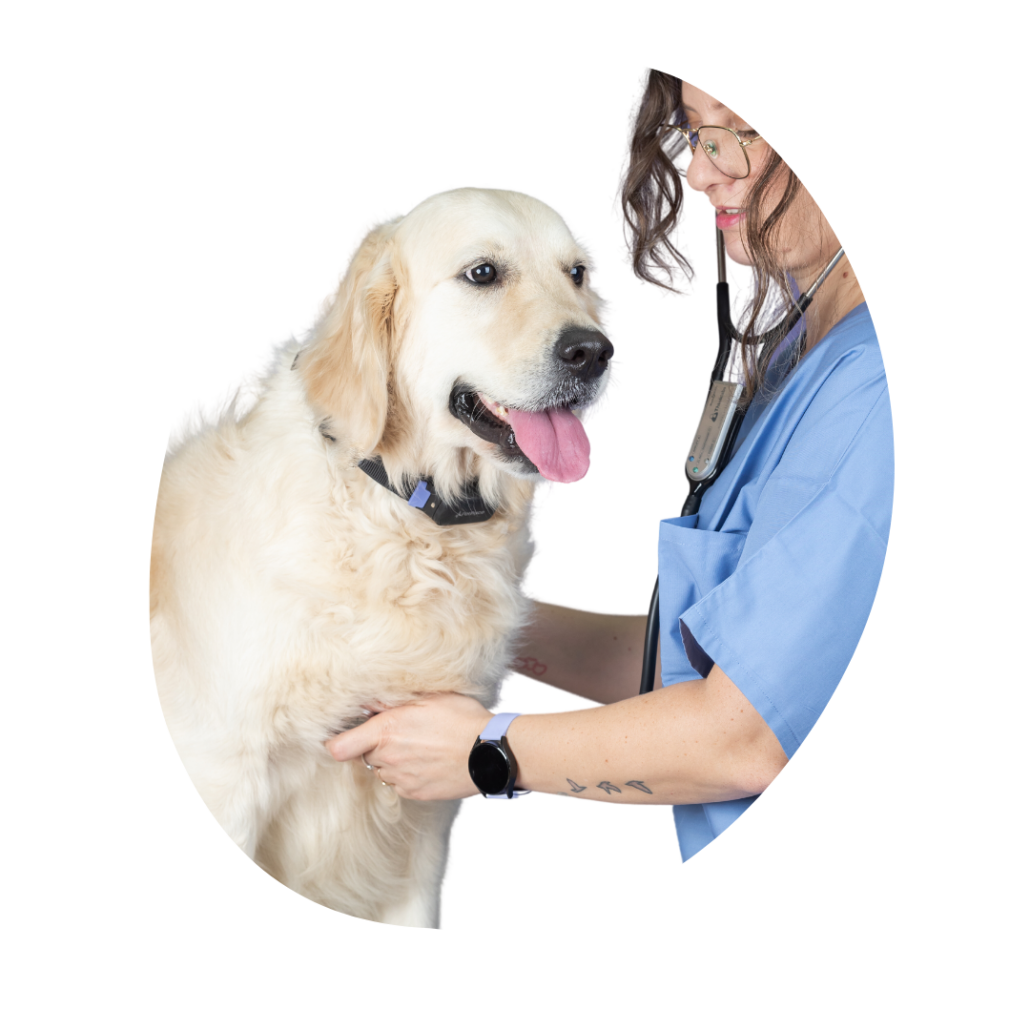The world of dog breeding is a fascinating and rewarding endeavor, but it comes with great responsibility. The health and well-being of the breeding dogs are paramount to the success of the breeding program.

One of the crucial steps in responsible dog breeding is health testing.
This process ensures that only dogs in optimal health are chosen for breeding, reducing the risk of passing on hereditary conditions to the next generation. Let’s explore the significance of health testing for dogs before breeding, addressing some of the most common breeding questions about health testing.
What testing is needed for breeding dogs?
Before embarking on a breeding journey, it’s essential to conduct comprehensive health tests on the potential breeding dogs. These tests help identify genetic and hereditary conditions that could be passed on to offspring. Common health tests for breeding dogs include:
- Genetic Screening: Genetic testing can identify potential carriers of hereditary diseases common in specific breeds. By screening for genetic markers, breeders can make informed decisions to prevent the transmission of these conditions to future generations.
- Hip and Elbow Dysplasia Evaluation: Large and giant dog breeds are prone to hip and elbow dysplasia. These conditions can cause pain and discomfort, impacting a dog’s quality of life. Health testing for breeding dogs often includes evaluations for hip and elbow dysplasia to ensure that only dogs with healthy joints contribute to the breeding pool.
- Eye Exams: Certain breeds are predisposed to eye conditions, such as progressive retinal atrophy (PRA) and cataracts. Regular eye examinations help identify potential issues early on, allowing breeders to avoid passing on these conditions to offspring.
- Cardiac Screening: Some breeds are prone to heart conditions. Cardiac screening can help identify any abnormalities, ensuring that breeding dogs have a healthy cardiovascular system.
Should I DNA test my dog before breeding?

DNA testing has become an invaluable tool in dog breeding. DNA tests can reveal a wealth of information about a dog’s genetic makeup, including potential carriers of hereditary diseases and their likelihood of passing them on to offspring. DNA testing can also confirm the parentage of a dog, providing certainty about the lineage.
Before breeding, it’s highly recommended to conduct DNA testing on potential breeding dogs, especially for breeds with known genetic predispositions to certain health issues. This proactive approach enables breeders to make informed decisions, ultimately contributing to the overall health and well-being of the breed.
What is a dog health check?

A dog health check is a comprehensive evaluation of a dog’s overall well-being. It involves a thorough examination by a veterinarian, including physical assessments, blood tests, and sometimes advanced diagnostic procedures.
A health check can help identify any underlying health issues, ensuring that breeding dogs are in peak condition before contributing to a breeding program.
PetPace for Breeders & Pregnant Dogs
In 2024, PetPace is introducing a groundbreaking program specifically designed for dog breeders and pregnant dogs. This innovative solution is set to revolutionize the way breeders monitor and manage the health of their dogs during pregnancy.

PetPace’s new program includes a state-of-the-art, AI-based algorithm that provides pregnancy tracking and timely alerts for predicting the exact time the dog will go into labor. This device is the only one of its kind, offering real-time insights into the dog’s health status and pregnancy progression. Furthermore, PetPace will be able to predict the exact date of the dog’s delivery, ensuring breeders are well-prepared for the upcoming litter.
With PetPace’s advanced monitoring system, breeders can track vital signs, detect early signs of complications, and receive timely alerts if intervention is needed. This level of precision allows breeders to provide the best possible care for their breeding dogs, ultimately contributing to healthier litters and the overall well-being of the breed.

Conclusion
Health testing for dogs before breeding is a fundamental step in responsible dog breeding. It ensures the transmission of good health to future generations and reduces the risk of hereditary conditions.
By incorporating DNA testing, evaluating joint health, assessing eyes and heart, and conducting regular health checks, breeders can make informed decisions for the well-being of their breeding dogs.
PetPace’s upcoming program for dog breeders and pregnant dogs is set to elevate the breeding experience. With continuous health monitoring and real-time insights, breeders can confidently navigate the exciting journey of bringing new life into the world, knowing they have the support of cutting-edge technology to ensure the health and happiness of their furry companions.


